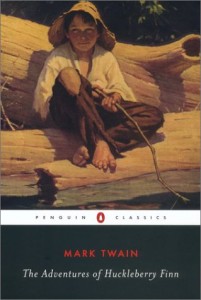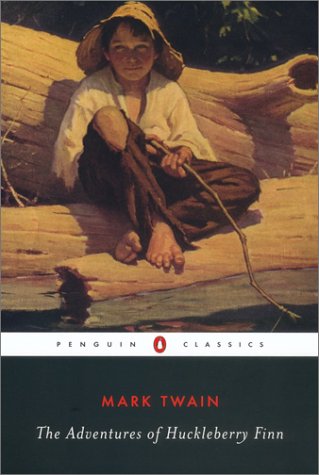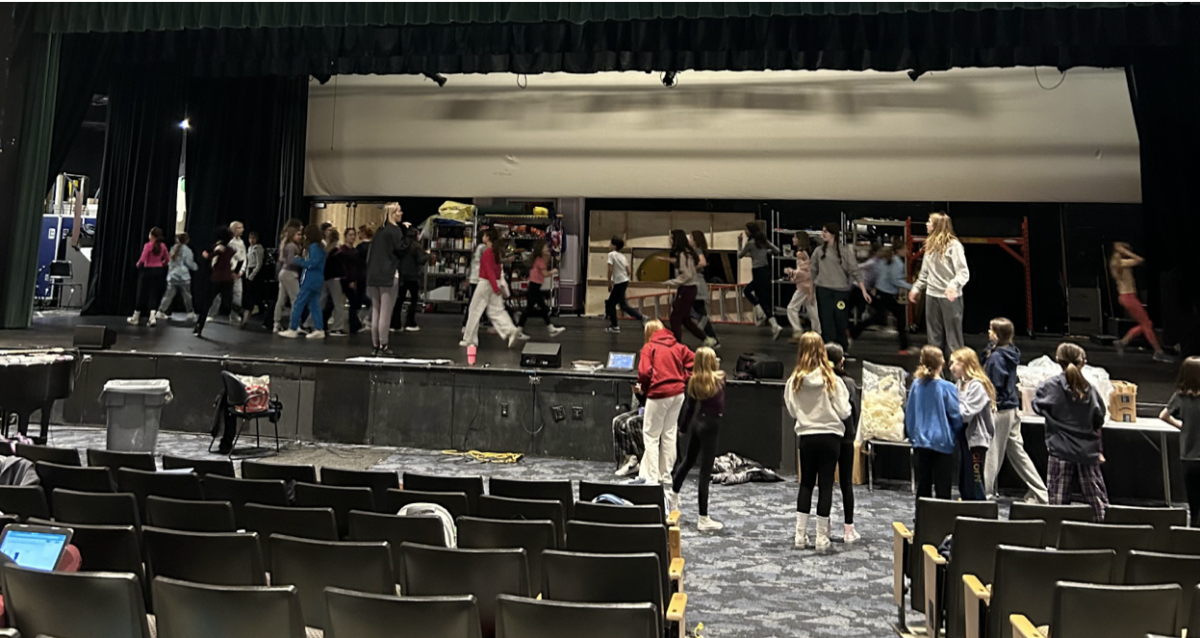Lexi Preiser ’10
Editor-in-Chief

Mark Twain’s infamous novel “The Adventures of Huckleberry Finn” has faced a praised, yet controversial, life since its publication in 1884.
Ernest Hemingway, one of Twain’s numerous fans, once wrote, “All modern American literature comes from one book by Mark Twain called ‘Huckleberry Finn’.”
Despite such copious praise, “The Adventures of Huckleberry Finn” has often been met with controversy, and at times, resistance. The novel is a favorite of banned book lists, although it has never been banned at Staples High School.
According to TIME Magazine, in 1885, the Concord, Mass. Public Library banned the year-old book for its use of “coarse language.” In 1998, over a century later, a group of parents in Temple, Ariz. sued their local high school for including Twain’s novel on a required reading list.
“Despite the novel’s shaky history, we have never had a problem with teaching [The Adventures of Huckleberry Finn] here at Staples. The book has been a part of our curriculum for years and all students read it during their junior year,” said Lisabeth Comm, head of the English department.
“The book is controversial nowadays because it uses the ‘n-word’ at least 200 times. However, you have to realize that it is set down south during the 1880’s— that’s just the way people talked back then,” said Comm.
In 1885, the popular newspaper The Boston Evening Transcript wrote an article about Twain’s novel, saying, “the whole book is more suited to the slums that to intelligent, respectable people.”
Comm would disagree with that statement entirely.
“People often misunderstand Mark Twain’s point both in using the ‘n-word’ and in his portrayal of slavery. The entire novel is really a satire that is making fun of those who approve of slavery. You have to be a really perceptive, intelligent reader to make that connection,” said Comm.
Jess Klein ’09 read The Adventures of Huckleberry Finn during her English 3A course junior year.
“While I think that Twain did not have to use certain words over and over again, most people in my class understood that he was just trying to create an image of the times through context,” said Klein.
Despite the controversy Mark Twain’s novel has often faced, it has found a safe and understanding home in the English department at Staples High School.













































